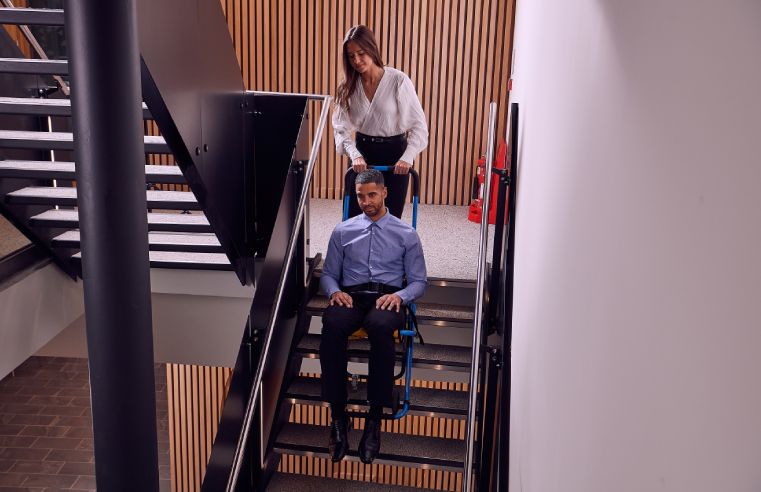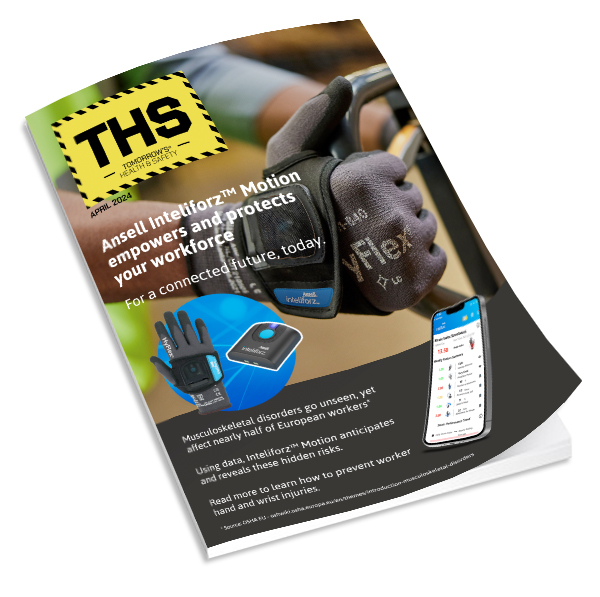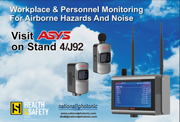With little over a month to go until the 18th Edition of the IET Wiring Regulations come into force, Bureau Veritas is calling on duty holders to step up efforts aimed at reducing the safety risk posed by poor electrics.
Due to be published in July, BS 7671 – IET Wiring Regulations 18th edition will apply to all new and rewired installations designed after January 2019. The legislation is set to include a number of significant changes in relation to protection against fire, protection against overvoltages and clarity on special location installations, in a bid to optimise safety in domestic, industrial and commercial locations.
The more stringent standards will look to address the risks presented by faulty electrical installations and wiring systems, after estimates show that electricity is the leading cause of over 20,000 accidental fires in the UK each year.
In the run up to implementation, global certification firm Bureau Veritas is urging all duty holders to review their existing electrical safety standards and intensify their ‘safety first’ approach to compliance.
Nathan Cliff, electrical principal engineer for electrical systems at Bureau Veritas, said: “With poor electrical installations still responsible for five accidents in the UK every single day, it’s no surprise the 18th Edition will force us as an industry to place a greater emphasis on the protection of people.
“For duty holders, our advice is clear – do not wait until the regulations take hold to take action. Instead, start by reviewing existing electrical safety protocols to ensure they take a ‘safety first’ approach to protecting employees, students and residents so that best practice is achieved every step of the way.”
According to Bureau Veritas, one important aspect for duty holders to consider is that the 18th edition puts a greater onus on a risk assessment when it comes to protection against transient overvoltage (e.g. lightning) required for buildings to protect against the risk of fires and loss of supply. In addition, protection must be provided for high risk and sensitive locations, such as medical locations, heritage buildings, banks, IT centres etc.
























